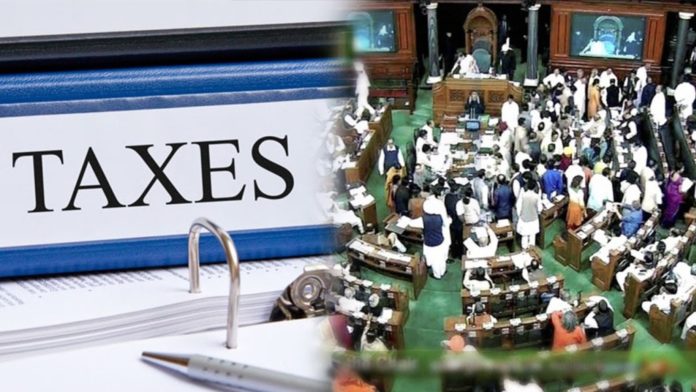
As far as GST is concerned, it is having a good fate so far. In addition to the recipient of thumping willingness to pass GST from the entire nation, states categorically passed the SGST bill, thereby mirroring their approval of the bill proposed by the Finance department.
Amidst the urgency to meet the deadline target of July 1, states are clearing the bill without much ado. Rajasthan became the third state to pass the SGST model.
The Rajasthan assembly passed the State Goods and Services Tax (SGST) Bill on Tuesday post Telangana and Bihar passed the bill in their respective assemblies.
A variety of taxes which are collected by the government will be subsumed within the SGST bill, thereby buttressing the idea of ‘One Tax, One Nation’. All tax laws related to value added tax (VAT), entertainment tax, entry tax of goods, luxury tax, etc. will now be subsumed under SGST.
The GST is aimed to reduce these complexities and turn the country’s into a developing economy,” said Shekhawat. He maintained that the state would not lose its sovereignty. “Under the garb of GST, the Centre will not be able to operate arbitrarily.States will have a much larger say as the council has onethird of its members from the Union government and twothirds from state governments. This will strengthen co-operative federalism.” added Shekhawat.
Rajpal Singh Shekhawat, state representative in the GST council spelled out: “the Centre will not be able to operate arbitrarily. States will have a much larger say as the council holds a third of its members from the Union government and the remaining two-third from state governments. This will strengthen co-operative federalism.
Impressively, the Rajasthan government is operating in a proactive mode for the seamless implementation of the GST. As many as 4.24 lakh state taxpayers have been adequately equipped with GST supplements to activate the transition with full force. Shekhawat also claimed that the state has contributed significantly towards country’s GDP.
As a matter of fact, products like liquor and petroleum have not been covered in the GST covered inputs. The aspect which needs more clarity is how the Centre will compensate the states in times of low Cess collection by the Centre. That piece of information is still awaited by all the states.







